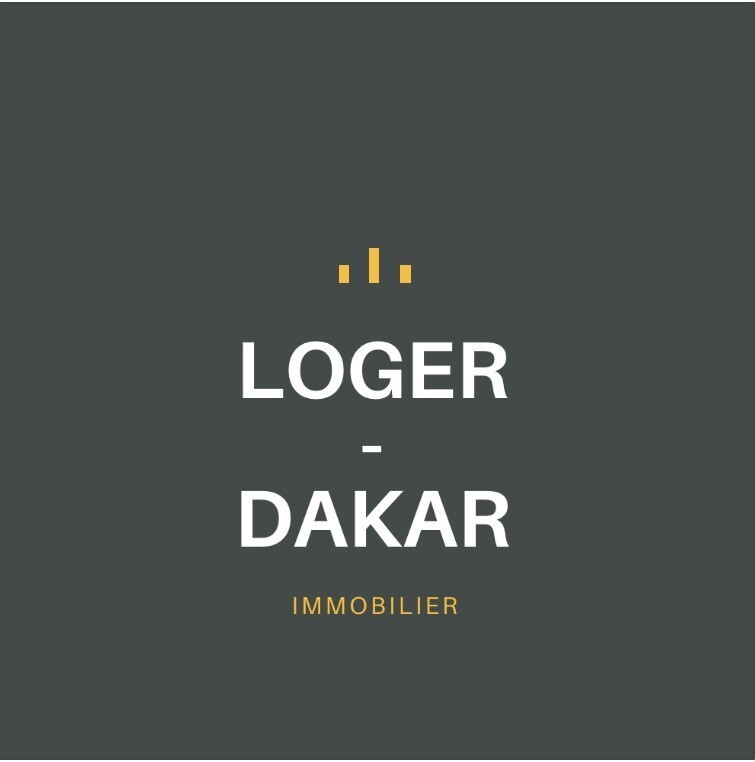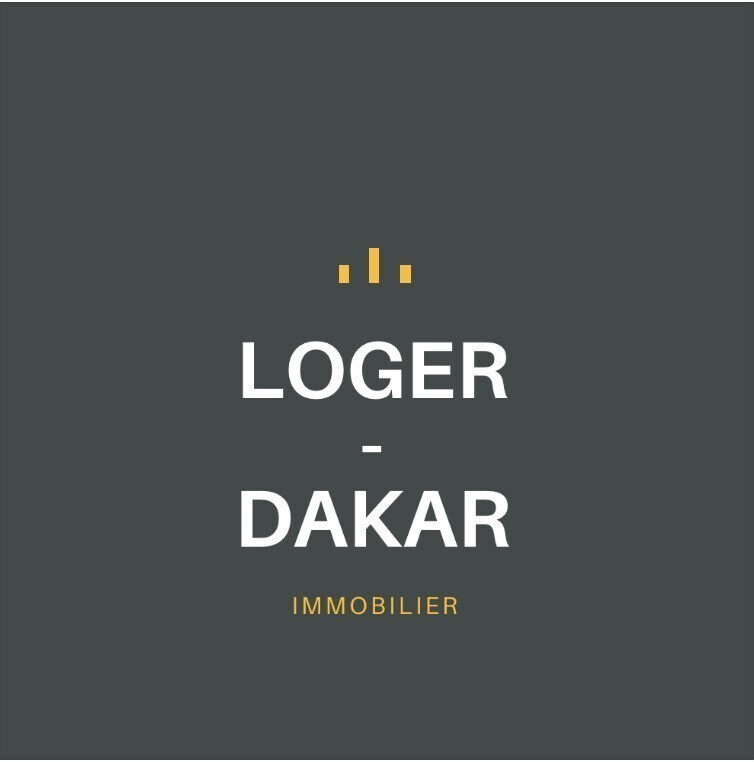Information on home insurance in Senegal
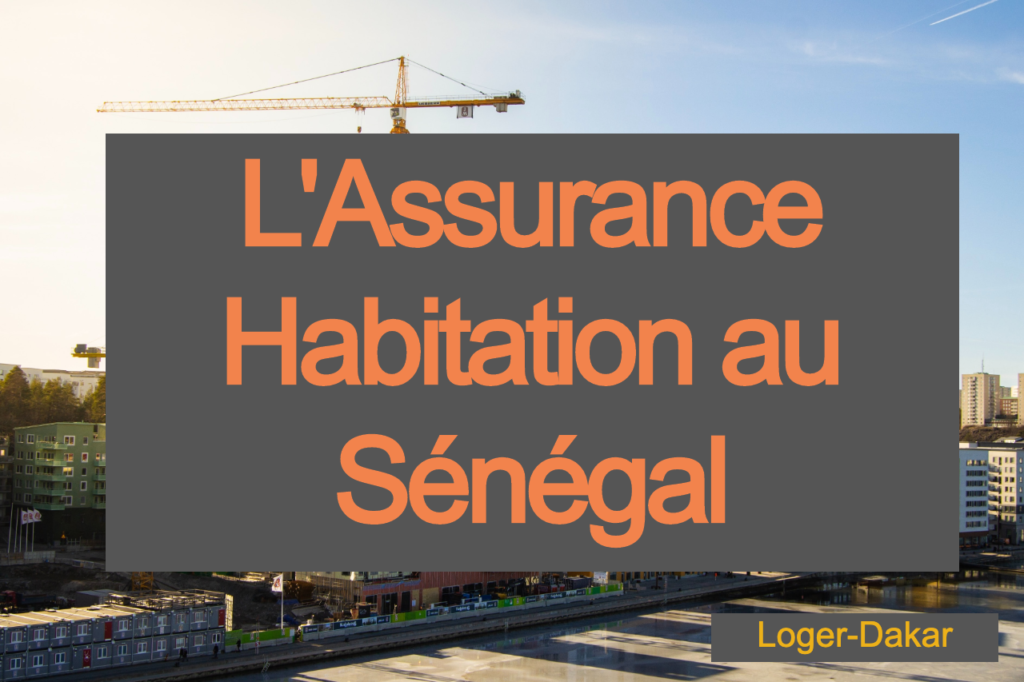
Investing in real estate in Senegal is a heavy burden. We are under pressure from the banks and the tax authorities, as well as from risks beyond our control. In our countries, where land-use planning has not yet been completed and natural disasters are difficult to contain, multi-risk home insurance is more than necessary. Unfortunately, the Senegalese have no culture of insurance. This is partly due to the low literacy rate. All professionals in the housing sector encourage people to take out an insurance policy. This is motivated by an elementary principle of law, which states that anyone who has caused damage to others is obliged to make good that damage. Insurance covers two types of damage. The first is the damage suffered, and the second is the damage caused to others. The terms of compensation depend on the terms of the contract. This is a subrogation mechanism that involves paying compensation to a third party in return for a premium paid periodically.
Despite the reluctance, or rather ignorance, of the majority of Senegalese, insurance companies have passed the hundred billion FCFA mark. Part of this sum is paid out in damages on behalf of policyholders, and part is used for the operating needs of the insurance companies.
What does multi-risk home insurance mean?
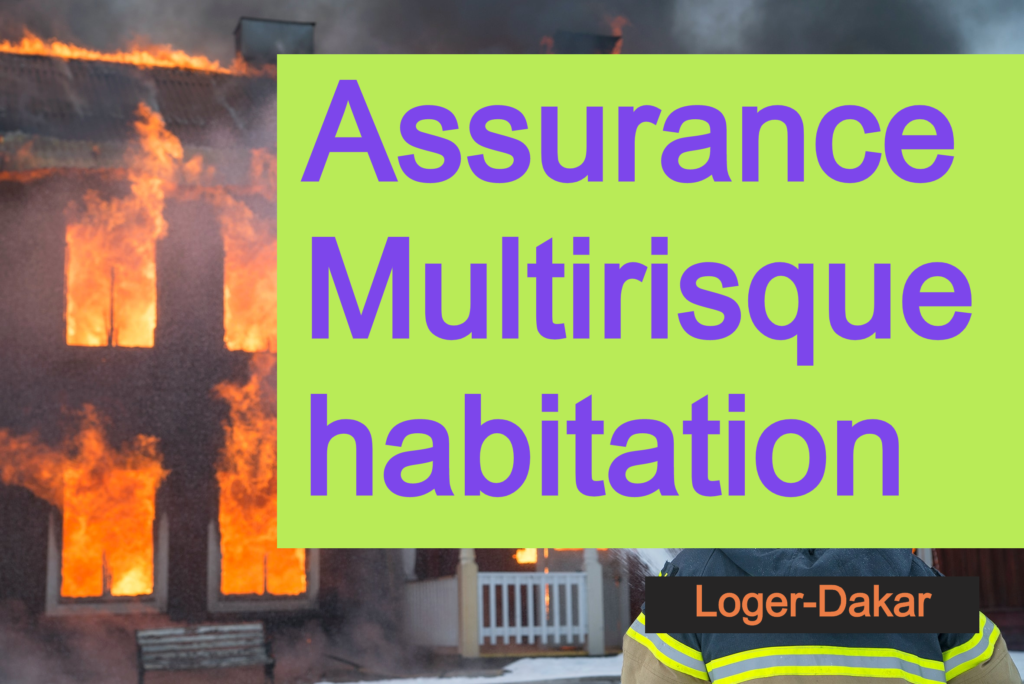
Comprehensive insurance covers your property and your liability. Liability insurance means taking on the responsibility of others to repair the damage caused. In this way, this insurance will repair the damage you have caused to a third party, according to the terms and conditions defined in the contract. In addition, it covers your property, consisting of the building in which you live, and any moveable items in it or attached to it. For the most part, these are so-called immovable assets, due to the purpose to which they are attached. Your comprehensive insurance contract therefore covers individual houses, apartments, studios, etc.. Coverage applies to all members of your family in the event of carelessness, fault or simple negligence. This comprehensive coverage is justified by the fact that the insurance covers the house, and therefore everyone in it. It is also justified by the fact that the head of the family assumes responsibility for the actions of those under his or her authority, under the system of vicarious liability.
What does home insurance cover?

Different distinctions can be made here. L?insurance is a contract first and foremost. Consequently, it is an act of will that takes into account the agreement between the two parties. This means that there may be differences from one contract to another. Firstly, the insurance may cover some or all of the insured?s liability, depending on the terms of the contract. Once at the agency, you'll be offered several types of contract, and it's up to you to choose the one that suits your budget and expectations. The most important thing to remember is that a loss or disaster is usually unforeseeable and insurmountable, which is why it's a good idea to take out insurance. Secondly, from a legal point of view, certain clauses in the contract are mandatory, while others are optional. Certain conditions are compulsory, and the insured and the insurer are free to include additional clauses as long as they do not conflict with mandatory rules. This is a public order of protection monitored by the State, given the opacity of the sector for the layman, and the asymmetry of information that exists between the professional and the private individual. Finally, home insurance covers the individual?s civil liability, in addition to legal protection for this same liability. Criminal liability, however, is not taken into account, as this transcends the contractual sphere. This is the exclusive domain of public authorities.
Categorization of warranties:
- There are different categories of cover. Firstly, there is the so-called insurable property. This includes the building in question, the furniture in it and the insured?s personal property for professional use. In the case of the building, any installations or equipment attached to the building are taken into account. These are often immovable assets because they are attached to the building. Furniture in the home includes all furniture belonging to the insured, his family or employees in the home.
- Then there are insurable damages such as fire, explosion, implosion, flooding and so on. A fire can be caused by lightning, a flash of lightning, or a badly extinguished gas cylinder, among other things. Other risks can be taken into account by additional clauses signed between the parties. In the case of water damage, compensation covers the damage caused by the water, not the damage at the origin of the damage (e.g. leaks). There is also coverage for theft or attempted theft that has caused damage, for which compensation will depend on the terms of the contract.
- Finally, there are the insurable liabilities: occupier's liability and personal liability. Occupier?s liability covers contractual and tortious civil liability for the tenant or owner. The latter provides financial coverage for civil liability incurred by the insured as a result of material or immaterial damage caused to a third party by his or her own actions, by an object in his or her care or by the actions of others.
Is home insurance compulsory in Senegal?
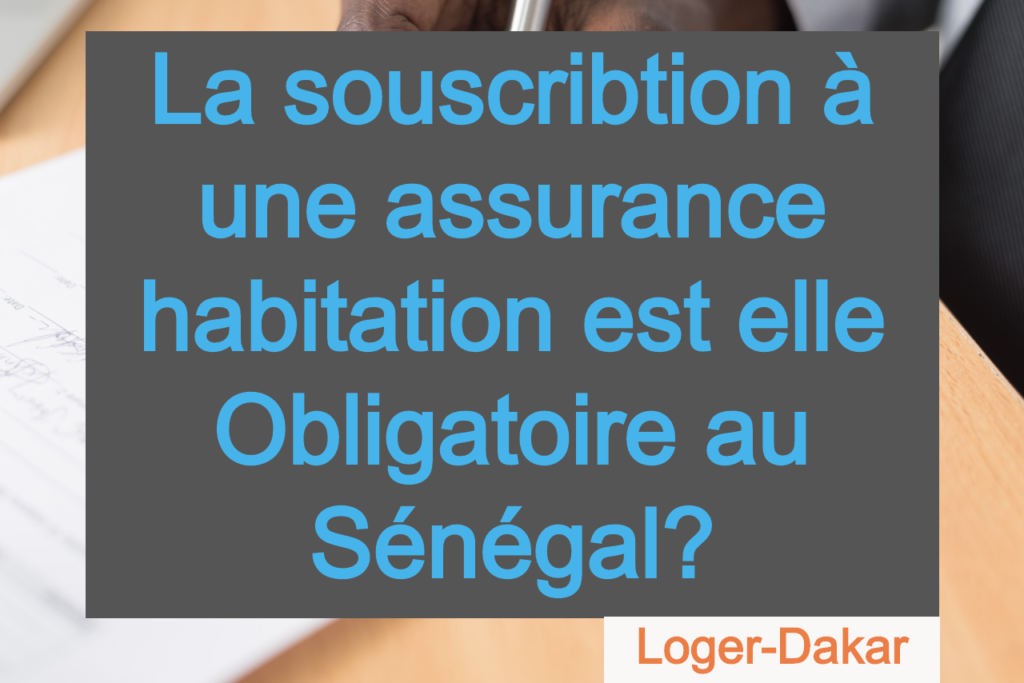
There is no legal basis for such an obligation. Rather, it is a contractual obligation if, for example, a lessor inserts a clause in the rental contract which stipulates that taking out insurance is compulsory, or that failure to do so is grounds for termination. Although not compulsory, insurance is an essential guarantee for an investment of this kind. Fire, flooding, a collapsing roof or any other type of damage is reason enough to insure your property. real estate.
